Representative Haley Stevens (D-MI) has introduced the Wireless Electric Vehicle Charging Grant Program Act of 2023, to expand wireless EV charging programs at the federal level.
The new law would create a dedicated grant program in the US Department of Transportation (DOT), providing funding for wireless EV charging projects. This includes US$250 million in grants for initiatives such as roads, parking lots, bus routes, airports, as well as coastal and inland ports.
The Wireless EV Charging bill is rooted in the Michigan Department of Transportation's (MDOT) 2021-2022 pilot program that enabled the first public wireless EV charging road in the US - a pioneering project deploying Electreon's proprietary wireless charging technology, a collaborative endeavour between multiple stakeholders including Electreon, MDOT, Ford Motor Company, DTE Energy, Next Energy, Jacobs, Michigan Central, and the city of Detroit, among others.
Representative Stevens' bill follows Assembly woman Pilar Schiavo's Electrified Roads, EV & Infrastructure legislation in the California State Assembly, and a five-year partnership with MDOT to increase road deployment and develop best practices for wireless electric road systems in Detroit. Representative Stevens' bill has already gained strong support from Michigan's Governor Whitmer, Aspire, Calstart, and the American Association of Port Authorities (AAPA), among others.
Wireless EV Charging, and particularly wireless electric road technologies that can charge any moving vehicle, could be invaluable for convenient, accessible, and hands-free charging, while also lowering costs - as wireless charging reduces the need for large, heavy, and more polluting batteries while enabling extended driving range.
Electric road technology, especially when coupled with on-site renewable energy sources, such as solar, can also significantly reduce pressure on the overextended national electric grid by spreading transport energy demand over space and time.
"Dynamic wireless charging has tremendous potential in revolutionising how EVs charge and can enable widespread adoption of EVs by addressing some of the biggest challenges associated with electrification," said Congresswoman Stevens. "Investing in new EV technologies is crucial to enhancing America's global competitiveness."
On the other side of the Atlantic, governments are promoting electric roads with ambitious goals. By 2035, France plans to build nearly 6,000 miles of electrified roads, while Germany and Sweden have plans for around 2,500 miles and 1,200 miles respectively, by 2030.
New US federal bill boosts wireless EV charging program
Electreon has reported that state and federal policymakers in the US are increasingly pressing forward to fund wireless electric road systems (ERS) and incorporate this innovative technology into electrification strategies.
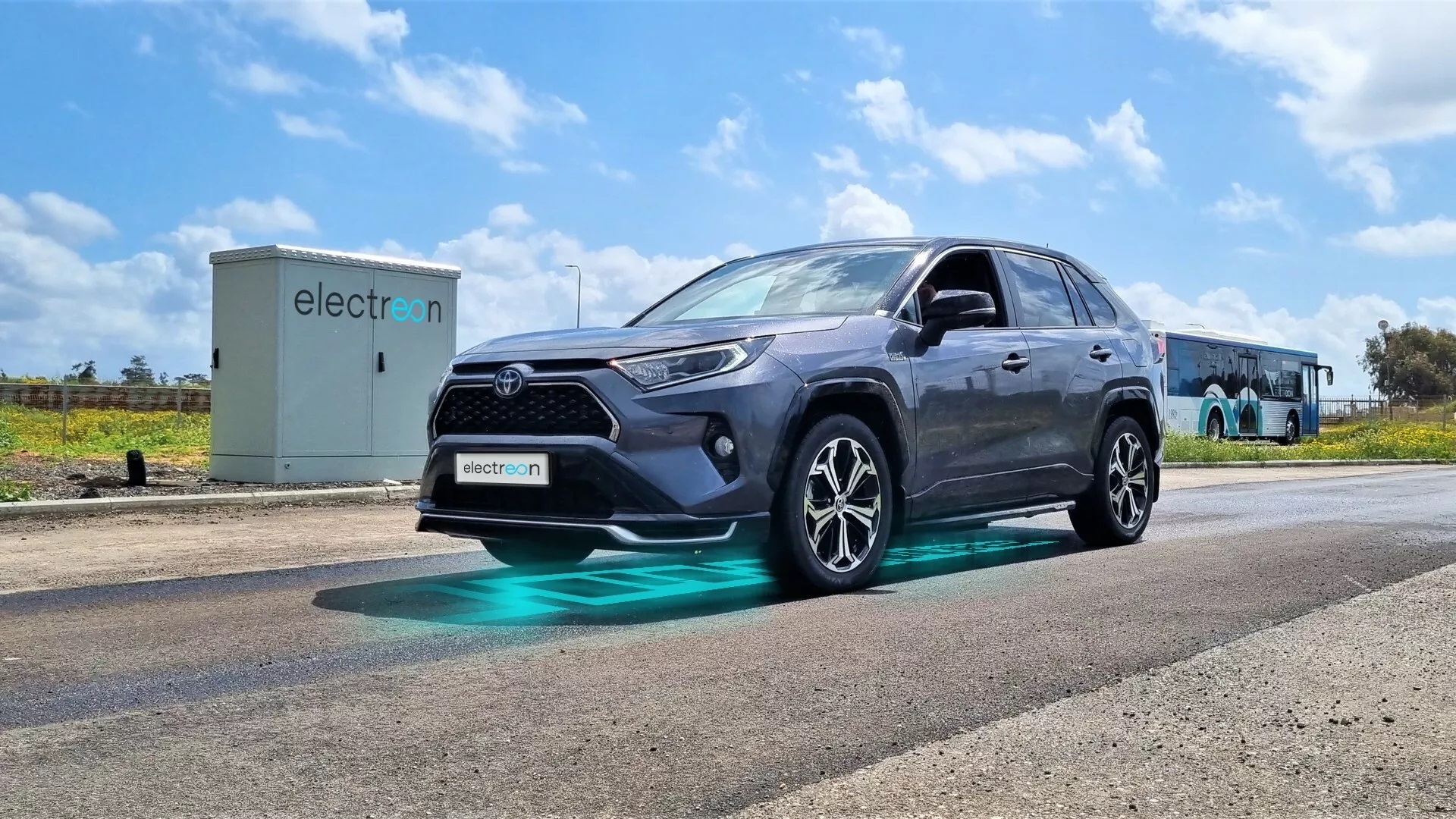
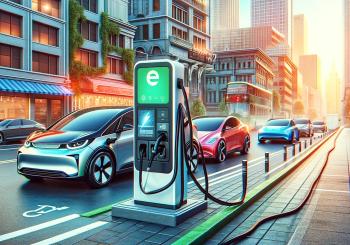
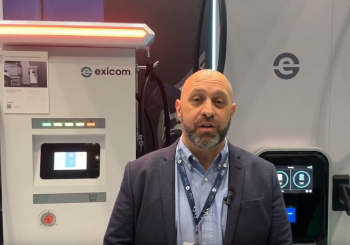
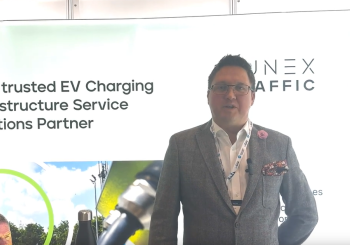
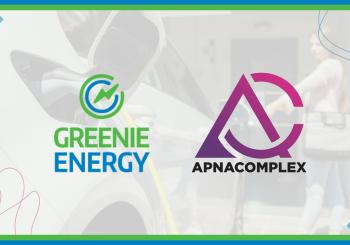
Follow Us On Social Media